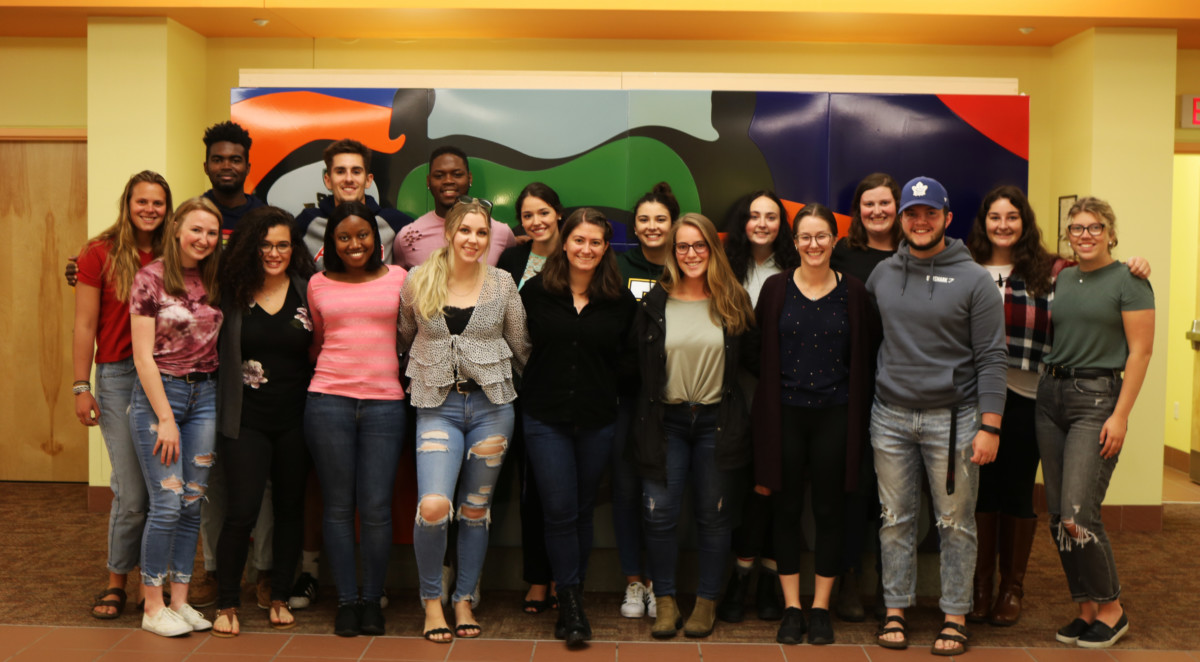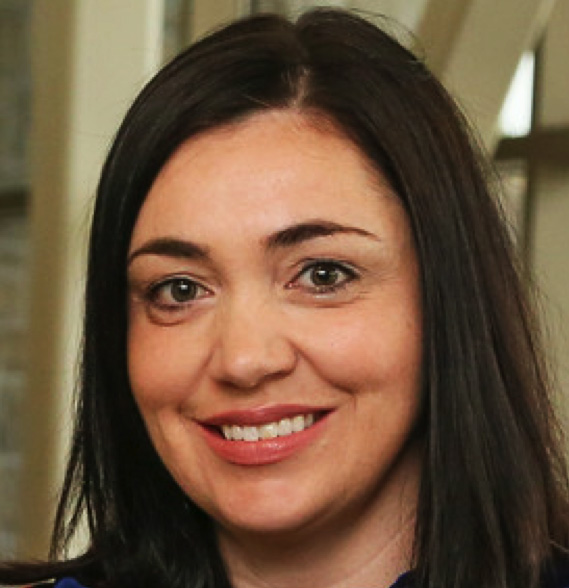
After five years of traveling to moot court competitions and winning national and international awards, St. Thomas University will be the first Canadian public university to host a regional moot court competition.
Elizabeth Tuck, a fourth-year student, is taking STU’s moot court class for the third-year in a row. She’s one of four co-captains who provide mentorship to other people in the team. She’s excited one of the regionals will take place on her home turf.

“The competitions are open so people can just come and watch. So I’m excited for all of my friends here to be able to come and see a moot court competition,” she said.
STU’s moot court team has been ranked first in appellate brief writing and third in oral advocacy in the American Moot Court Association, placed first and second place in the Nelson Mandela World Human Rights Moot Court competition in Switzerland and first in Toronto’s Osgoode Cup. They’ve also won three regional competitions in the United States.
The moot court program was founded by human rights professor Amanda DiPaolo five years ago.
As part of the moot court course, students have to prepare and deliver arguments in front of judges in a simulated Supreme Court proceeding in regional and national competitions across the United States.
STU’s team is the first Canadian undergraduate team in the American Moot Court competition.
Over 400 moot court teams compete in 14 regionals across North America, with 80 teams moving onto nationals, the final competition.
STU will host a regional competition which can allow competitors to apply for a qualifier competition before nationals, on Dec. 6 and 7. The university will host 24 schools from across the United States.
Husoni Raymond, fourth-year student and president of the STU Students’ Union, STU Students’ Union, is also taking the moot court course for the third year in a row. This year he’s the assistant of the moot court program. He said he can’t believe STU is hosting a regional tournament.
“We’ve traveled to regionals over the three years I’ve been a part of moot court, all over the United States, so it’s really exciting to welcome Americans onto our campus,” he said.
As the moot court assistant, Raymond leads practices once a week, meets with students who request extra practice, executes administrative duties for DiPaolo, looks over arguments in the summer to ensure formatting is correct and offers feedback to students.

“It’s an additional workload to plan the regionals, but when you’re passionate about the program it doesn’t really seem like work. It’s mostly just doing something or helping to create something that you love and appreciate,” said Raymond.
In July, the board of directors of the American Moot Court Association discussed the need for another school to host a regional competition. DiPaolo, who is head of the program, said she would look into whether STU would be able to host.
The university agreed and said they would help her organize it.
“STU has always been a great supporter of the moot court program and are very excited to be hosting this year’s regionals,” she said.
Jeffrey Carleton, STU’s associate vice-president communications, said he’s thrilled about the opportunity.
“It is a wonderful story of student success and so we are looking forward to helping professor DiPaolo organize the regional competition,” said Carleton in an email.
Before the competition, the STU moot court program must find 40 lawyers to volunteer as judges and recruit students to volunteer as timers or university guides.
“They’re going to see what American moot court is about. How it’s just as good as moot court in law schools,” said DiPaolo.
DiPaolo agreed the competition will also open doors for moot court’s future in Canada. Once the word spreads, she said Canadian schools will feel more inclined to participate because of the easier travel and lack of exchange rate.
“If it works we’ll be able to do it every year,” she said.
“Who knows, maybe I’ll create a Canadian Moot Court Association.”
